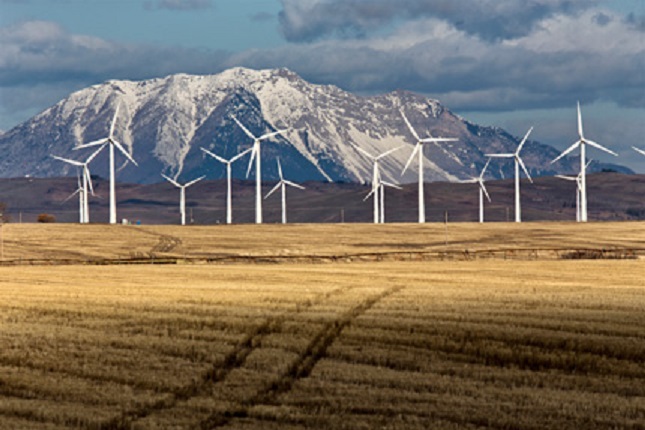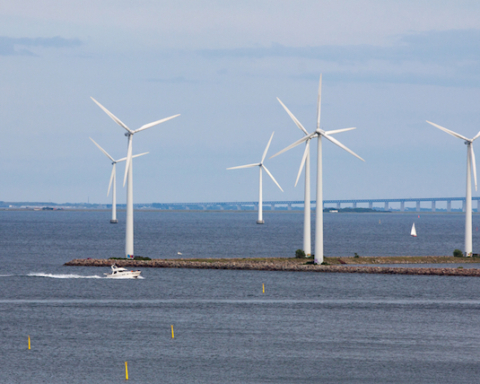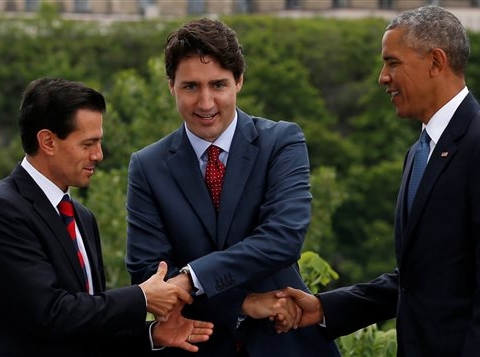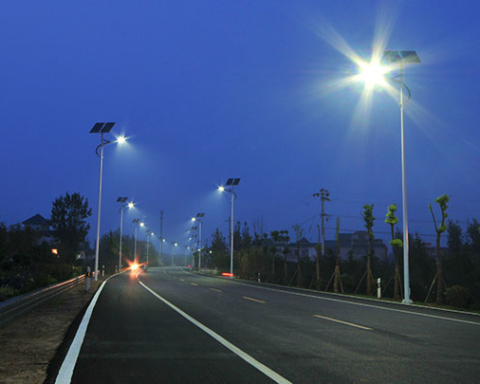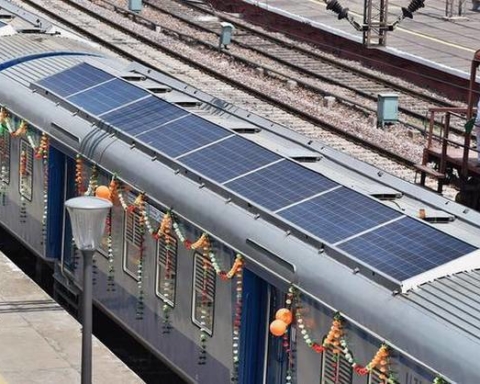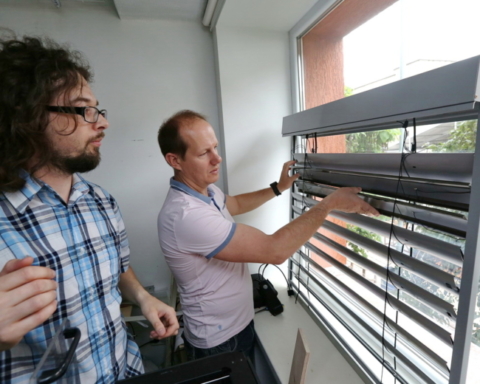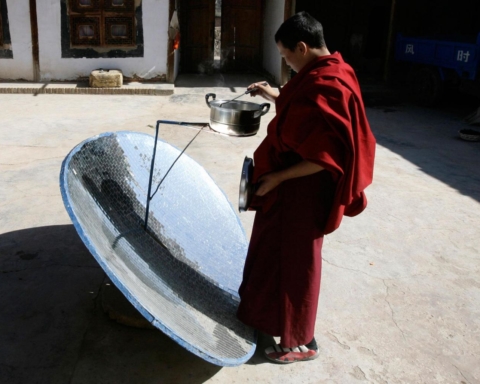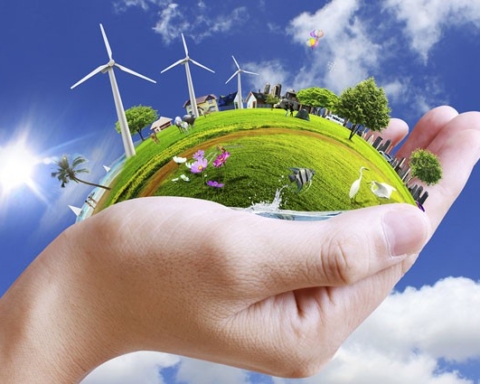Canada is experiencing a boom in renewable energy. According to the National Energy Board (NEB), in a report entitled “Panorama of renewable electricity in Canada,” the country is fourth in the world.
Canadians perhaps do not realize their potential to develop renewable energy. But a report by the NEB demonstrates how Canada has improved over the past decade.
According to Shelley Milutinovic, chief economist of NEB, this is explained by the fact that energy projects are sprouting like mushrooms. “The propensity for renewable, other than hydropower, has increased by 9%; i.e. 2% in 2005 to 11% in 2015 “.
Moreover, during the same period, whether for wind, solar and biomass, the ability substantially increased from 2360 megawatts to 15,600 megawatts.
During these ten years, the hydropower capacity has improved by about 9% to more than 79 000 megawatts, the report of NEB shows.
An effort to reduce the consumption of fossil fuels in the country – PM Trudeau
And as good news never comes alone, there has been a significant drop in the production of energy from coal while natural gas is operating at full capacity.
With all these achievements, Shelley Milutinovic argues that renewable energy in Canada is now fourth globally behind China, the US and Brazil. Regarding hydropower, Canada is second behind China.
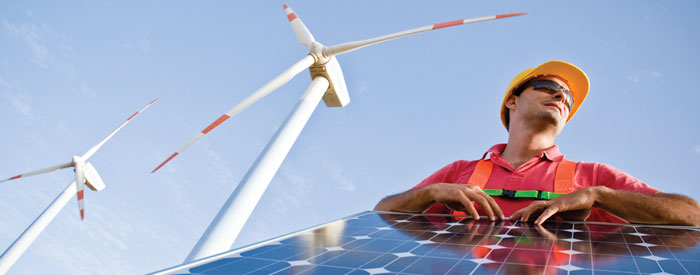 The Canadian government is making considerable efforts in promoting renewable energy and reducing fossil fuel. To this end, Prime Minister Justin Trudeau has recently established a plan to tax all carbon pollution to 7.6 US dollars per ton by 2018. The main objective is an effort to reduce the consumption of fossil fuels in the country, and supporting renewable sources.
The Canadian government is making considerable efforts in promoting renewable energy and reducing fossil fuel. To this end, Prime Minister Justin Trudeau has recently established a plan to tax all carbon pollution to 7.6 US dollars per ton by 2018. The main objective is an effort to reduce the consumption of fossil fuels in the country, and supporting renewable sources.
The Government of Alberta, a province in Western Canada, this week released a request for information (RFI) for advice on the possibility of using solar energy to power 50% of government activities.
Ontario, for its part, has three programs for renewable energy supply: the supply of large renewable (LRP), an auction system for projects of more than 500 kW, the TRG, which resembles tariff redemption in Europe and is limited to projects below 10 kW and adjustment, which seems to be a hybrid of both.







